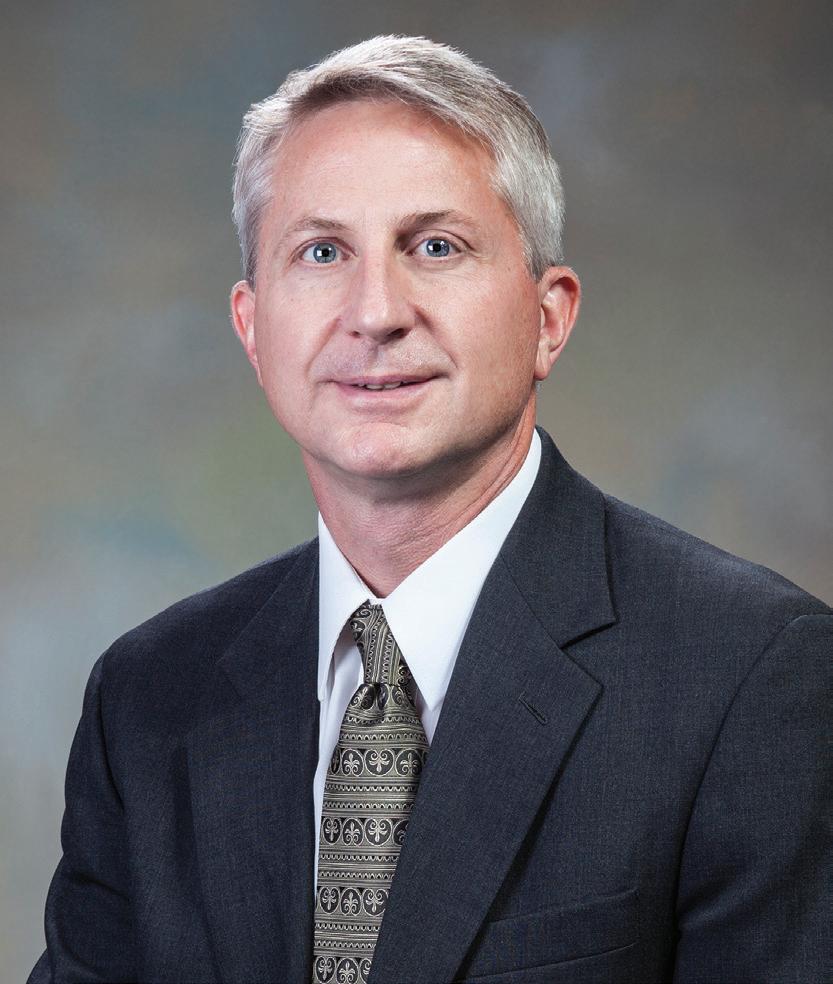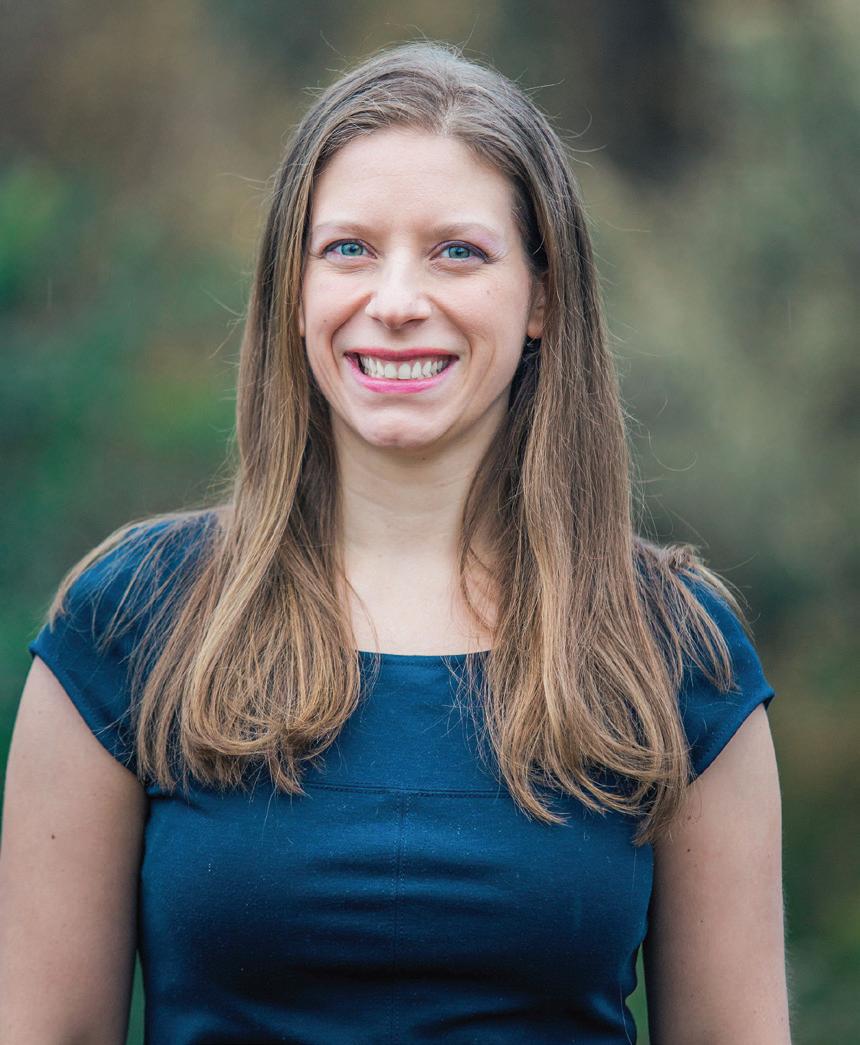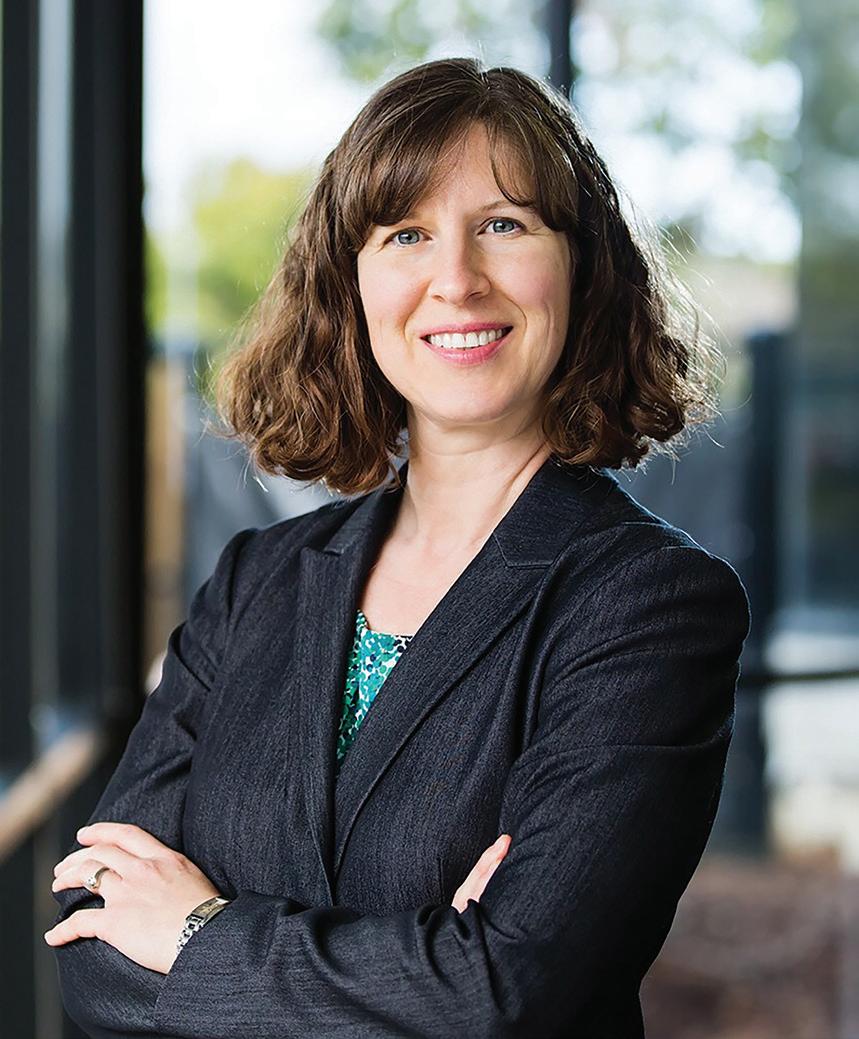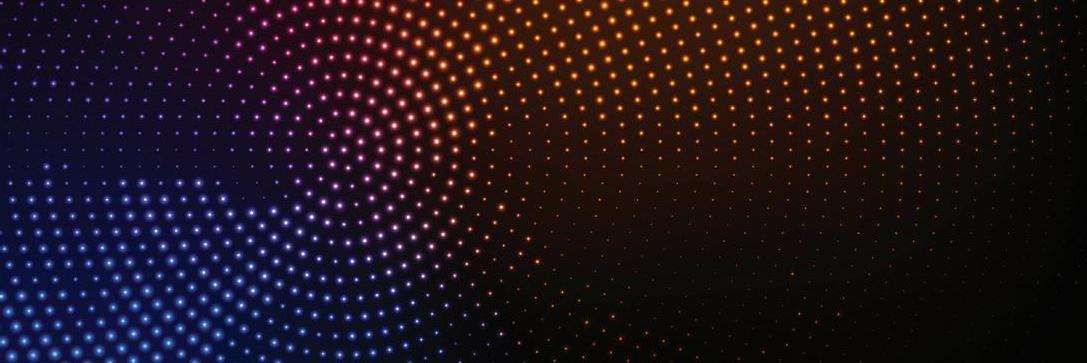
9 minute read
InterviewswithAlumniAwardees Paul Clem, Kate Jakubas, and Nerissa Draeger
DISTINGUISHED ALUMNI AWARDEE

Advertisement
Before coming to the University of Illinois in 1996 for his PhD in Materials Science and Engineering and Ceramics, Paul Clem received his BS in Materials Science and Engineering with a concentration in physics and electrical engineering in 1991 from University of California-Berkeley. Now, Clem works in high voltage science, developing capacitors for energy storage and conducting lightning and electrical arc effects research.
Q&A An Interview with Paul Clem

WhatdidyoulikemostaboutMatSEat Illinois?
Clem: I enjoyed collaborating with materials science, physics and chemistry professors and students at the Materials Research Lab (MRL) and Beckman Institute. During my undergraduate research, I read papers by Professor David Payne and became interested in electronic ceramics and interdisciplinary research. Working in his group and with others at MRL and Beckman was a great experience for future research collaborations.
What led you to be interested in your area of research?
Clem: I was a materials science undergrad with interests in electrical engineering, solid state physics and chemistry, and wrote a senior thesis on electronic ceramics, which combined many of these interests. Electronic ceramics have controllable dielectric, piezoelectric, electrooptic and electronic properties that have a broad range of device uses.
Whatadvicedoyouhavetothosewhoare interested in pursuing research similar to yours?
Clem: Sometimes it can be hard to identify a discipline that is interesting. Finding opportunities for undergraduate research or internships, and reading research papers beyond classwork can help find new areas or research that are intriguing and fit your interests.
WhatexperiencesinIllinoisMatSEledyou to where you are today and how did these experienceshelpyougetthere?
Clem:Writing initial research project proposals and developing collaborations with fellow students was great preparation for assembling teams for R&D proposals. Illinois also focused on professional society presentations (e.g. MRS, American Ceramic Society, IEEE) which helped with networking and later job opportunities.
Whatadvicedoyouhaveforcurrent students?
Clem: I’d really recommend internships, research exchanges and developing collaborations. Those were some of the most rewarding experiences I had in undergraduate and graduate school, and really helped build capabilities.
We want to hear from you!
Alumni, do you or someone you know have news or a story to share with us? Do you know anyone who should be nominated for our alumni awards?

Contact: matse@illinois.edu
EARLY CAREER AWARDEE

KateJakubasreceived her BS in Materials Science and Engineering from the University of Illinois with a concentration in metals and a minor in philosophy in 2006. Later, in 2013, she went on to get her Masters in Environmental Engineering from the Armour College of Engineering at Illinois Institute of Technology.

Q&A An Interview with Kate Jakubas

Whatjobdoyouhavenow?Tellusabout what you do.
Jakubas:I am the founder at Meliora Cleaning Products, where we make people and planetfriendly home cleaning products. I run the operations at our Chicago manufacturing facility: figuring out how to make new products, optimizing processes, tracking and lowering the waste produced, keeping our employees safe and earning above a living wage.
Whatstepshaveyoutakentomakeyour businesssuccessful?
Jakubas:My business is built around a triplebottom-line approach. Rather than focus solely on financial returns, we consider 3Ps: People, Planet and Profit. We even certify our business against a third party standard (we are a Certified B Corporation) to show our commitment to all of these areas. Looking at how we treat people (customers and employees) and the environment (through ingredient and packaging choices) helps improve our overall business and contributes to a healthy bottom line — it all works together. I also adopt best practices from anywhere I can find them: past jobs, brewery tours, friends that share how they work. I’m also an adjunct professor of social entrepreneurship to foster more Chicago businesses that take a similar approach.
What led you to be interested in your area of research?
Jakubas:The process of elimination and following the next things of interest. Listening to that little “ding” that goes off into my head that says, “THAT’s interesting! I wonder about...” and following where it leads. Noticing when something I’m doing feels boring, uncomfortable in a bad way, or otherwise tells me there’s a dead end at the end of that.
Whatadvicedoyouhavetothosewhoare interested in pursuing a career similar to yours?
Jakubas:Don’t be afraid of mixing interests and pursuits. The most interesting and successful projects are often a hybrid of topics; I’m a blend of materials science training with artisan soap making experience, so I have a much different approach than others with a more artistic/handmade approach. I also run a small factory after working at several big ones, which helps us tremendously in running things efficiently.
WhatexperiencesinIllinoisMatSEledyou to where you are today and how did these experienceshelpyougetthere?
Jakubas: I think every class, lab, and internship does a little bit to shape where you’re headed. Early classes in MatSE showed me I loved time in the lab, but didn’t want to do research full time. An off-campus internship helped me decide to choose Metals over Plastics as my concentration, and also helped me figure out that I didn’t want to work for a gigantic corporation when I graduated.
Whatadvicedoyouhaveforcurrent students?
Jakubas:Seize the resources available to you! A no-cost healthcare service steps away? Use it. Extremely smart professors and graduate students who are literally sitting in their office waiting for you to ask them questions about the course they are teaching or their research? Go talk to them! Fellow students who have cracked the code on that homework set? Study with them.
Whatadvicedoyouhaveforyoung entrepreneurs?
Jakubas:Take an action-oriented approach: what is the next thing you can actually DO to move your project forward? Can you do a tiny version of the giant thing you’re picturing? A one-time event rather than planning an annual or daily event for the rest of time? We often get stuck picturing how amazing and perfect our business or product will be, and it traps us into being stuck and not putting something out there. I’m a recovering perfectionist, and it can be hard to decide when something is good enough to call done, but when there is only one of you, you have to keep moving! Don’t be one of those people with an amazing fantasy business idea that isn’t taking action - the disparaging term we have for that is “wantrepreneur.” You can tell when someone is a “wantrepreneur” when you ask what the next thing they are going to do on their project is, and they have no idea.
LOYALTY AWARDEE


Nerissa Draeger received her PhD from the University of Illinois Materials Science and Engineering program in May, 2000 with a specialization in electronic materials. Her advisor was Joe Greene and her thesis was titled, “Si(011) and SiGe(011) gas-source molecular beam epitaxy: surface reconstructions, growth kinetics and Ge segregation.”
Q&A An Interview with Nerissa Draeger (née Taylor)

Whatjobdoyouhavenow?
Draeger:I work for Lam Research Corp, a leading semiconductor equipment supplier for thin film deposition, etch, and other fabrication processes. I’ve held a number of roles in the company from corporate R&D and new product development, to strategic business and intellectual property development. Currently, I am part of the Strategy & Innovation team within the Office of the CTO. As Director of Global University Engagements, I oversee Lam’s academic partnerships and strategic research collaborations in pursuit of disruptive and enabling technologies to advance the semiconductor industry.
What led you to be interested in your area of research?
Draeger:I thought (and still think) that electronic devices are amazing: fabricating them requires hundreds of steps at the micro- and nanoscale with precise electrical, chemical, and mechanical properties. There is a very low tolerance for defects, or your smartphone and laptop won’t work. I think it was that precision and complexity that made it interesting, along with the challenges posed by device scaling in following Moore’s Law. That’s certainly an aspect which has kept me in the field for the last twenty years; I enjoy solving problems and this is an industry that is continuously innovating and pushing boundaries of what is thought to be possible.
Whatadvicedoyouhavetothosewhoare interested in pursuing research similar to yours?
Draeger:This is a great time for students interested in electronic materials. The demand for mainstream semiconductor devices continues to grow and there are so many exciting and new directions such as quantum devices, spintronics, nanomagnetics, etc. I think there will continue to be room for innovation and growth in this industry.
WhatdidyoulikemostaboutMatSEat Illinois?
Draeger:There was a great sense of community at UIUC and within the MatSE department. The department was small enough to know most of the professors and other graduate students, but large enough to contain a wide variety of experts and resources. I gained a lot of hands-on experience; which is how I learn best. The MRL has always been a world-class facility, and I benefited from being able to perform my own analyses using the characterization equipment there. My cohort of graduate students socialized and studied together, and I’m still connected to alumni from my research group and remain close to friends I made during my time there.
WhatexperiencesinIllinoisMatSEledyou towhereyouaretoday,andhowdidthese experienceshelpyougetthere?
Draeger: I think one of the values of an advanced degree is in learning how to learn about a technical project from scratch. Beyond the classwork, I had to learn how to canvas the literature for the current state of the art, devise test plans to explore gaps in that understanding, keep the ultra-high vacuum deposition system running the way it should, and learn how to solve all of the problems that arose. I started as a fairly reserved student and I also had to improve my confidence in technical discussions and presentations. I failed the oral exam part of my qualifying exam the first time I took it and what I needed was more experience with explaining my thought process under pressure. That skill translates well to presenting to executives! So beyond the technical learning I gained as part of my PhD, I also developed soft skills that have made an impact on my career.
Whatadvicedoyouhaveforcurrent students?
Draeger: If you’re interested in industrial research, consider a graduate degree because it will open more doors and prepare you for a wider variety of jobs. If you’re already a grad student, I encourage you to diversify your interests and skills. A PhD will make you into an expert on a particular scientific aspect, but your career will also depend on being able to make connections between diverse technologies and ideas.










